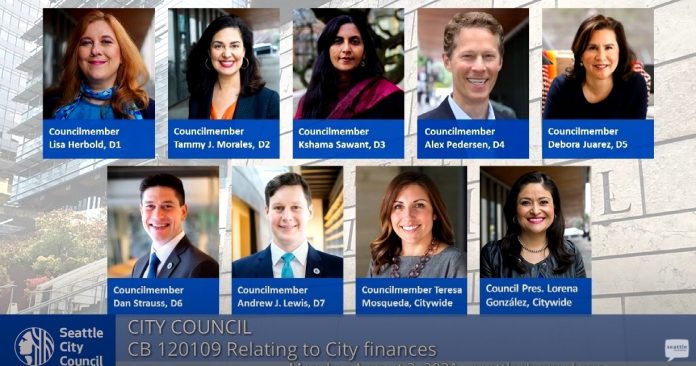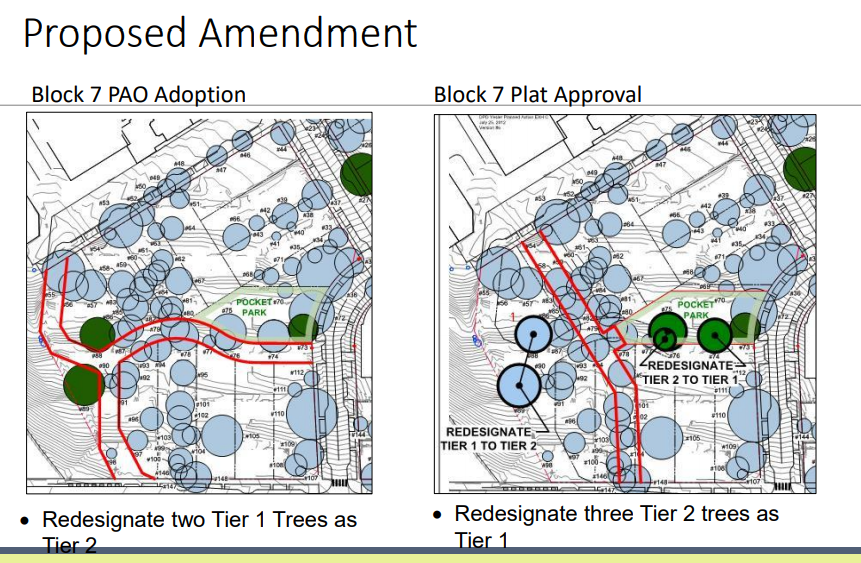Recently, the Seattle City Council has passed a handful of bills around revenue tracking, the environment, affordable housing, and parking rates. Many of these ordinances come about from the issues presented by the ongoing pandemic, and preparation for a post-pandemic economy. Multifamily Tax Exemption (MFTE) projects are getting more time, and the heating oil tax is pushed out again. The Council gave 2022 JumpStart revenue more guardrails and readied higher parking rates in anticipation of the Seattle Kraken and the Climate Pledge Arena’s opening.
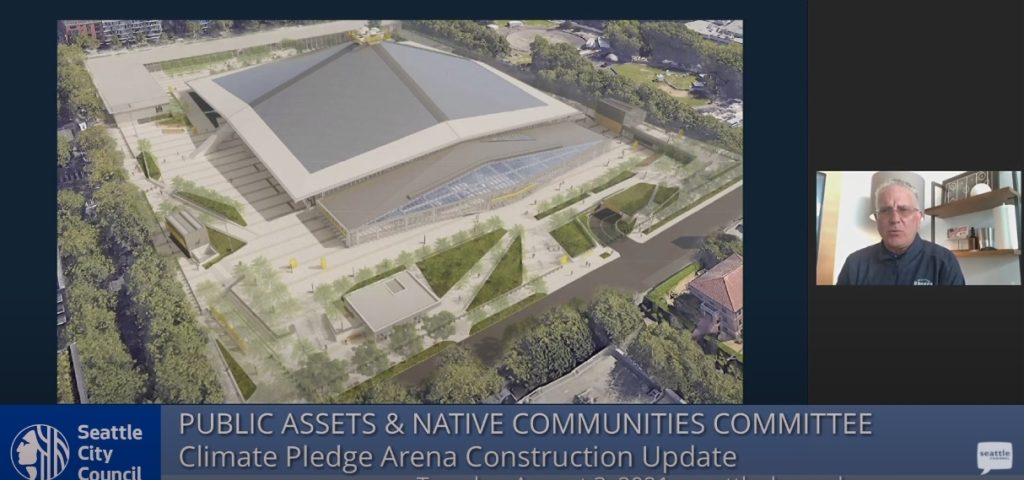
The city council has also passed an ordinance to start a new department, whose legal foundations might be a bit shaky, but could help them get more timely financial forecasts rather than being at the mercy of the Mayor’s office. Before we get to that convoluted situation, let’s start with some straightforward legislation.
Covid-related extensions, MFTE and heating oil tax
Council Bill 120113 grants owners of Multifamily Housing Property Tax Exemption (MFTE) program-enrolled projects five additional years to complete a project and receive their certificates of occupancy. While it’s rather generous, qualification for the extension is incredibly narrow and is only projected to affect a small number of projects. To qualify, the owner has to demonstrate failure to complete their project or projected failure to complete their project prior to their conditional certificate’s expiration date. The building department director also has to receive the request before September 30th, and has to already have approved the project for a full 24-month extension that expires no earlier than February 15th, 2020 or expires no later than February 15th, 2022. The Council passed the measure 9-0 on July 19th and Mayor Jenny Durkan signed it on July 27th.
The MFTE program is one source of the city’s affordable housing inventory, as it provides a 12-year property tax exemption in return for income and rent restrictions on 20% or 25% of units. More than 5,000 of these are 40% to 90% area median income units in market-rate buildings. Another round of MFTE legislation is expected to arrive this month to address the state’s changes from the most recent legislative session (SB 5287) and programmatic updates. One example includes authorization of an extension program to keep MFTE enrolled units affordable for another 12 years.
Implementation of the heating oil tax was already delayed. The Council passed the tax in September 2019 (via Ordinance 125934) and was supposed to implement it on September 1, 2020. The tax is intended to help conversion to electric heat pump systems. Last year, Council delayed implementation a year to September 1, 2021 in order to prevent adding another economic burden on households during the pandemic. Ongoing development of Washington’s Pollution Liability Insurance Agency’s low-interest and grant program for oil tank leak cleanup was also used to rationalize delayed implementation of the tax.
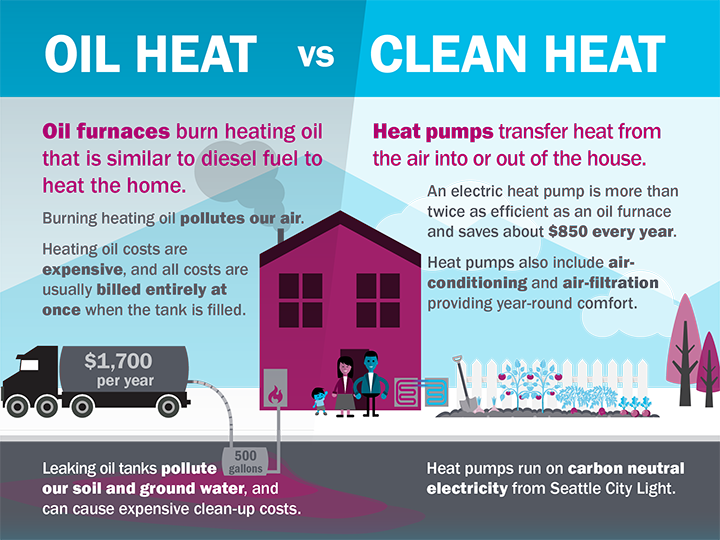
This month, the Council opted to push implementation of the tax to April 1, 2022, as the pandemic is still lingering and the loan and grant program’s adoption has been delayed. While this tax will help reduce residential greenhouse emissions by aiding the transition to heat pumps, the heating oil tax will disproportionately affect the poor, leading Councilmember Sawant to call it a regressive tax during the full council meeting. Still, it is important to note that much of the proceeds will go to fully covering the transition for low-income households and fully reimbursing low-income households. The bill (Council Bill 120123) passed 9-0 and Mayor Durkan signed it on July 27th.
JumpStart Seattle Fund guards revenue
Last month, the Council established the JumpStart Fund to provide transparent and accountable use of the JumpStart payroll expense tax revenue. As passed, the payroll tax’s spending plan for 2021 was directed to the City’s Emergency Fund for 2020 Covid response, with the possibility extending that response to 2021 if needed. For 2022 and thereafter, revenue from the payroll tax is to be apportioned to affordable housing, the Equitable Development Initiative, Green New Deal investments, small business investments, and administration. Though in case the 2022 general fund doesn’t fully recover, a limited portion of JumpStart is allowed to cover revenues in 2022 and beyond in the bill. The fund would help ensure that JumpStart payroll expense tax revenue would be spent as directed in the Council’s spending plan (Ordinance 126109), as follows:
- 62% for affordable and low-income housing;
- 15% for local business and tourism support;
- 9% for Equitable Development Initiative investments;
- 9% for Green New Deal; and
- Up to 5% for administering the tax.
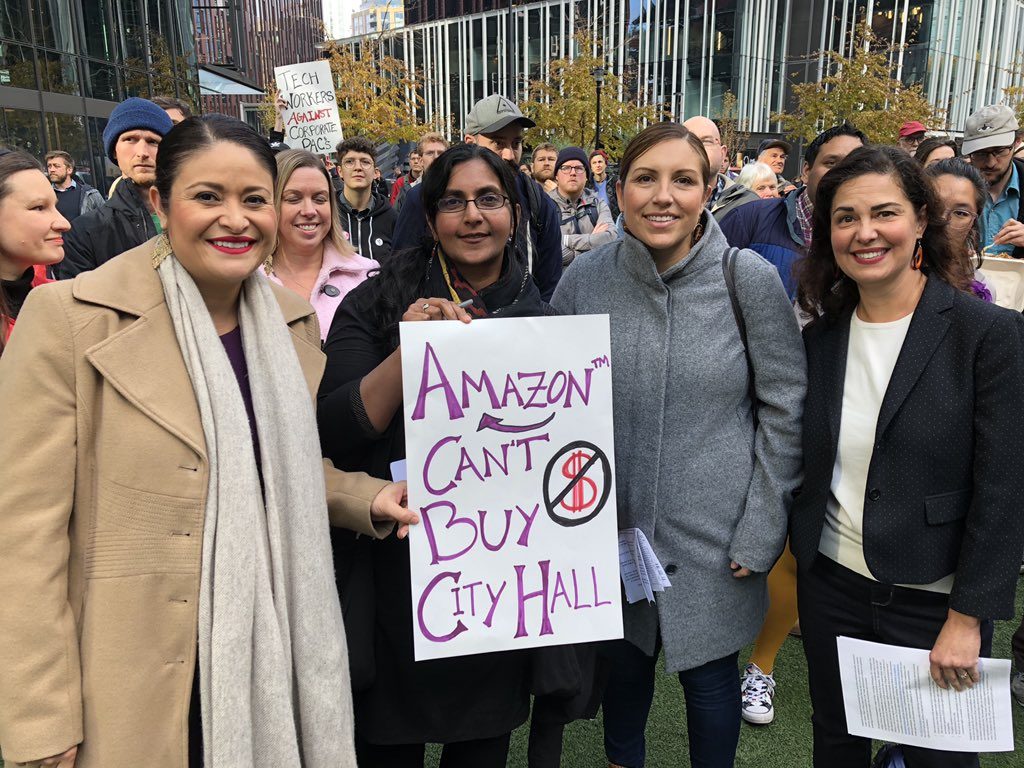
On July 19th, the City Council passed the JumpStart Fund bill 9-0 with an amendment. The amendment added a recital that expresses the Council’s intent to provide resources to the Office of Housing to acquire and develop affordable housing in the 2022 City Budget. It also added a section clarifying that 2021 proceeds are to be deposited into the general fund, as intended by the original ordinance. On July 30th, Mayor Durkan returned the bill unsigned, which means it will go into effect. Councilmembers perhaps had some déjà vu considering the Mayor’s history with JumpStart; The Council and Mayor’s disagreements about JumpStart run deep.
The stricter guardrails for JumpStart revenue are a response to Mayor Durkan’s raid of JumpStart funds to fill holes in her 2021 budget despite the fact she had opposed the progressive corporate payroll tax on which it was based. She refused to sign the bill, letting the tax become law without her signature but declining to veto it since she faced a seven-vote veto-proof Council majority, with only Councilmembers Alex Pedersen and Debora Juarez on her side. The Mayor did veto Council’s year one spending plan for JumpStart, but the Council overrode that veto, arguing the $86 million in Covid relief was essential. With the new guardrails, Council is hoping JumpStart revenue can’t be so easily raided and redirected in the future.
Economic and Revenue Forecasting Office
Another bill that deliberates the powers of the mayor and the council is Council Bill 120124, which creates the Economic and Revenue Forecasting Office (ERFO). The office would perform economic and revenue forecasts in an open process. Currently, forecast information is solely under the custodianship of the Mayor’s Office. Until its three-times-a-year formal delivery, all forecast information is maintained and approved within the executive branch via the City Budget Office and Department of Finance and Administrative Services. An ERFO increases transparency with public meetings, an open and consensus forecast process, and regular economic and revenue monitoring reports.
It would also come with a Forecast Council consisting of the Council President, Chair of the Finance Committee, Mayor, and Finance Director. The council will be able to select and recommend removal of the Director of the ERFO, approve the office’s annual work plan, and provide oversight and approval of forecasts produced by ERFO staff. This helps strike a balance between the City Council and the Mayor, as it relates to the city’s forecast data, thereby building more trust on the issue. Last year, Mayor Durkan seemed to withhold revenue forecast information until late in the process to increase her leverage over the City Council.
This bill is the result of nine months of negotiation between the legislative and executive branches of Seattle’s city government. This effort could go to waste if it’s found to be in violation of the City Charter. Kevin Schofield of Seattle City Council Insight has been ardent in his belief that the office would be in conflict with Article V, Section 2 and Article III, Section 3 of the City Charter, which grant the Mayor direction and control of all subordinate officers of the City and states that no head of department shall neither have nor exercise any power or authority not provided for elsewhere in the Charter. Meanwhile, Council President M. Lorena González is confident in her assessment that the office would be consistent with the City Charter. Citing her review of the City Attorney’s Office’s analysis, the Council President points to Article III, Section 1 that gives the Legislative Authority of the City the power to create, consolidate, and reorganize the departments, divisions, and offices of the City by ordinance.
“The Council engaged the City Attorney’s Office early and relied on their sound and thorough legal analysis in developing the Office of Economic Revenue Forecasting. This legal analysis was shared with both the Council and the Mayor’s Office,…If the Mayor had any concerns with this legislation, she could have and should have expressed them at any point in 2020 when the Council considered this during our budget deliberations or any time over the last six months while Council staff developed this policy in collaboration with senior officials in her administration including the City’s Budget Director and Finance Director…Historically, independent offices and commissions overseeing transparency functions, like the Ethics and Elections Commission, have existed by ordinance since the 1970s, and hybrid Mayor-Council oversight boards have been created by ordinance under Charter Article IV as far back as the 1890s. This legislation is wholly aligned with these practices.”
Council President M. Lorena González
The bill passed 9-0 on July 19th and returned unsigned by Mayor Durkan on July 30th.
Other bills
- Yesler Terrace tree protection plan amendment: Council Bill 120108 amends tree protection plan in Yesler Terrace Master Plan to allow for planned development of medical uses on vacant plots. Development includes an extended stay hotel for those seeking care from neighboring Harborview Medical Center. Two trees will be removed for the development, six trees will replace them. The bill passed 9-0 on August 2nd.
- Philanthropic fund for homelessness services: Council Bill 120109 creates a new It Takes a Village Fund to provide homelessness services and healthcare. Revenue to come in the form of donations or gifts from organizations, government entities, corporations, businesses, or people. Councilmember Lewis emphasized that this kind of private donations would never replace government action, but that it could make a discernible difference. The bill passed 9-0 on August 2nd.
- Uptown parking rates: Council Bill 120115 specifically targets Seattle Center/Uptown parking rates for ability to charge parking rates up to $12 per hour — still woefully below its true value and cost to society — for parking space within a mile of Seattle Center. This rate could only be set during large events — events with attendance of over 10,000 — at the Seattle Center, which is estimated to have up to 250 large events a year with the opening of the Climate Pledge Area. The bill passed 7-0 on July 26th and Mayor Durkan signed the bill on July 30th.
Upcoming legislation includes a bill that would lift the $4 per hour “hazard pay” for grocery workers, updates to the urban forestry management plan, single-family zoning name change, and a U District tiny house village.
Keep track of the Seattle City Council with the Legislative Information Center. If you live in Seattle, let your councilmembers know what you think about their recent set of passed bills.
Shaun Kuo is a junior editor at The Urbanist and a recent graduate from the UW Tacoma Master of Arts in Community Planning. He is a urban planner at the Puget Sound Regional Council and a Seattle native that has lived in Wallingford, Northgate, and Lake Forest Park. He enjoys exploring the city by bus and foot.


